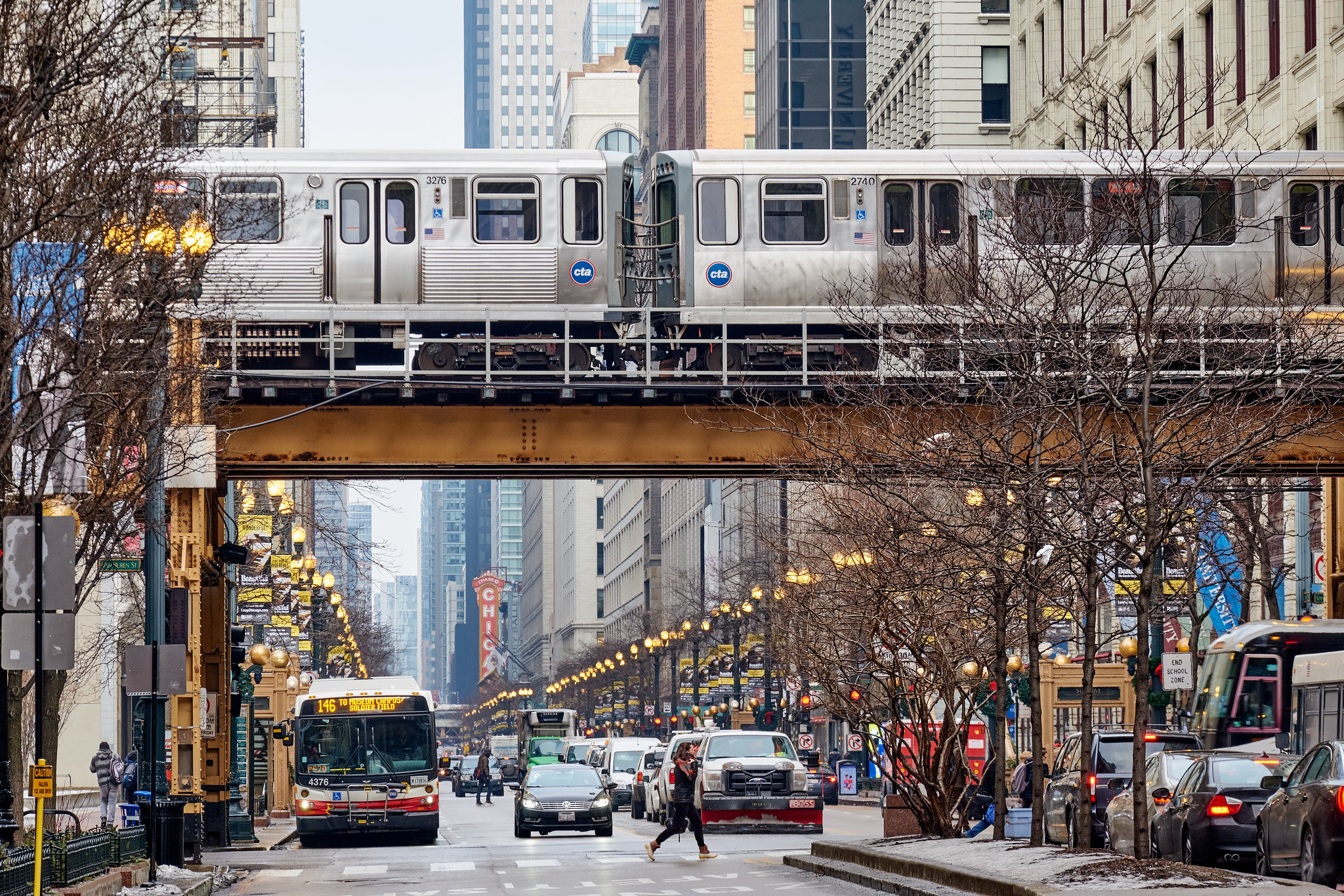We are seeking new freelancer voices to add to our blog! We’re interested in stories from around the country that explore the political, institutional, and bureaucratic barriers to great transit, and highlight initiatives designed to tear them down. We’re looking for people with at least some reporting experience.
Audience:
- Our audience is a mix of advocates and transit practitioners – it’s ok if your piece only speaks to one of these audiences, but your story should be relevant in four to five different contexts/agencies/cities
- You should strive for maximum accessibility in language and avoid using transit jargon
Angle/perspective:
- Facilitating greater transit equity and access for marginalized groups is a core tenet of TransitCenter’s work, so stories should make mention of how the thing you’re writing about will affect Black and brown riders and/or workers
- Aim to paint a picture of the better world that the changes you’re writing about could enable
- Your piece should have a POV rather than neutrally reporting the facts. TransitCenter has an internal list of policy positions on various issues – if you’re feeling unsure of where we might stand on a particular issue, please ask to review the document. TransitCenter’s editor can also work with you to get a strong POV across
- We want pieces to be solutions-oriented, and highlight best practices – even if discussing lessons learned, we’re still saying “this is not a best practice”
Tone:
- Hopeful but clear-eyed about challenges transit faces, dissatisfied with the status quo but never cynical, speaking truth to power while recognizing constraints agencies are under. Deeply skeptical of transit fads and trends, eschews techno-futurism, emphasizes getting the basics right. Believer in the power of the grassroots and organizing
- As a general rule, our view is that direct criticism should be reserved for elected officials
If this appeals to you, here are the specs for writing for us:
- Stories should be between 1000-1500 words
- For reported pieces, you should aim to talk to three sources – at least one of the sources should be a woman and one should be a person of color
- Stories should be connected to one of the following four issues on which TransitCenter is deeply engaged:
- Attracting and retaining a strong transit workforce
- Transit funding
- Public safety
- Transit initiatives designed to improve equity (bus network redesigns, capital projects, service expansion)
- There are a ton of outlets writing about transit in New York City – as such, we are not soliciting stories or accepting pitches centered in NYC for the time being
Target timeline:
Week one: Story is assigned, writer provides TransitCenter with an outline, interviews scheduled
Week two: Reporting/writing
Week three: Draft to TransitCenter editor, edits returned
Week four: New copy with edits returned to TransitCenter, final round of TransitCenter editing, story is posted
Pay rate:
$300 to 500 per post
Examples of past freelancer posts:
“A Transit Revolution in Philadelphia”
To express interest in the position, please send three writing samples to [email protected]
